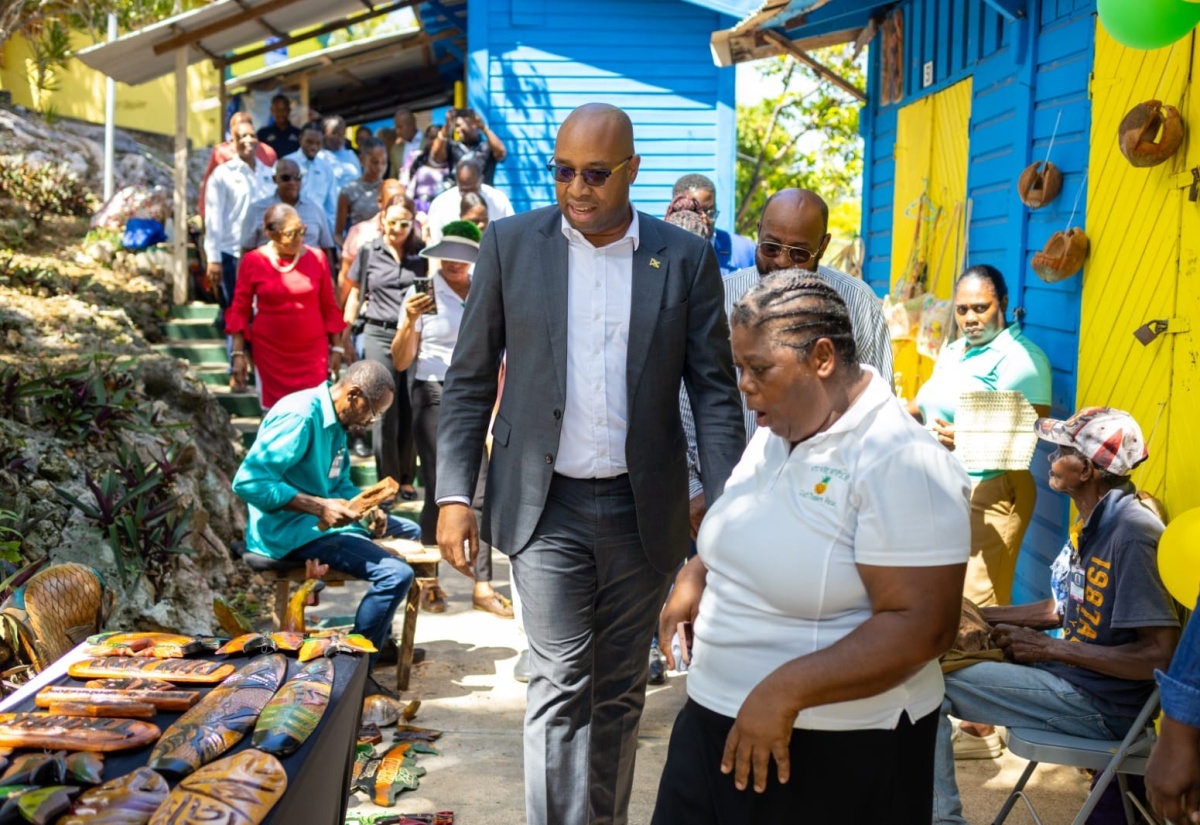Innovation-Based Entrepreneurship Encouraged For World Entrepreneurship Day
MIIC Author

Necessity-based entrepreneurship refers to business activities initiated by entrepreneurs for their own survival and to satisfy their financial needs and they are generally not interested in innovating or expanding their operation. Innovation-based or opportunity-based entrepreneurship refers to business activities initiated by entrepreneurs because of the attractiveness of the business idea and its personal implications for the owner. That is, the entrepreneur may be seeking his or her own independence, desires increased earnings or wants an opportunity to carry out their own ideas.
With approximately 582 million entrepreneurs worldwide, an analysis of the available data reveals that entrepreneurship is largely necessity driven in less developed economies. Globally, opportunity-based entrepreneurship was shown to have a greater impact on a country’s growth and development than necessity-based entrepreneurship and is therefore desirable for an economy wishing to advance.
According to data from the Global Entrepreneurship Monitor (GEM) 2016/17 survey, Jamaica is the most entrepreneurial country in the Latin American and Caribbean (LAC) region, with some 83.5% of its respondents indicating that they are confident that they have the capabilities for entrepreneurship as against the regional average in the LAC of 62.6%.
With regard to seeing good opportunities for starting a business in Jamaica, 64.4% responded in the affirmative compared with the regional average of 46.2%. GEM studies also indicate that individuals who are confident in their skills to start a business are four to six times more likely to be involved in entrepreneurial activities.
The GEM study revealed however, that in regard to innovation, Jamaica ranked 45th out of 64 countries, noting that “the will, courage and confidence of most Jamaicans to undertake entrepreneurial activities above the micro-enterprise level are lacking.”
Overall, Jamaica ranked 61st out of 64 countries on the GEM Motivational Index for 2016, 64th out of 64 countries for opportunity-based entrepreneurship, 2nd for necessity-based entrepreneurship and 54th for improvement-driven entrepreneurship.
Jamaican entrepreneurs engaged in necessity-based entrepreneurship, are primarily involved in small-scale farming, wholesale and retail trading and other subsistence-type activities and many are unwilling or incapable of expanding their operation.
It is against this background that MICAF will be launching an initiative to enable MSMEs to grow along the business development spectrum, that is, to capacitate them to move from micro to small to medium enterprises. The Ministry is also working with the International Labour Organization (ILO) to increase formalization generally, and specifically in agriculture and fisheries.
The MSME and Entrepreneurship Policy (2018) was designed to provide the necessary support to MSME businesses at different stages along the path towards opportunity-based entrepreneurship. The process involves moving business operators from idea generation or the creativity stage towards opportunity-based entrepreneurship or the innovation stage.
Policy initiatives that were outlined for accomplishing this objective include the establishment of pre-conditions that would foster idea generation such as the creation of an environment that encourages formalization and tax compliance, training and development and the establishment of a supportive legal, regulatory, administrative and institutional framework. As recommended in the policy, Jamaica took steps to introduce entrepreneurship in schools, and in 2018, the subject was made mandatory in all high schools to encourage innovation among young people. Jamaica has the highest uptake of the CAPE programme and was the first Caribbean country to establish entrepreneurship degree programmes in tertiary institutions.
Other policy initiatives for boosting innovation among Jamaican entrepreneurs include improving the ability of MSMEs to take advantage of international opportunities; identifying challenges faced by entrepreneurs and addressing same through targeted technical skills training; facilitating an increase in the supply of credit to MSMEs; increasing competitiveness and market access to good and services produced by MSMEs through standards, certification and accreditation; implementing a mentorship programme; providing full inclusion, support and opportunities for persons with disabilities within the business community and encouraging and supporting youth entrepreneurship as a strategy for youth empowerment and employment.
The MSME Policy is being implemented by a National Policy Implementation Committee, comprising representatives from both the private and public sectors and academia. The committee had its first meeting in September 2018, and operates its implementation arrangements through four thematic working groups.
-30-
Recent News
See all news


Posted on 21/01/2026
2026 Brings Renewed Business Optimism – Seiveright
State Minister in the Ministry of Industry, Investment and Commerce, Hon. Delano Seiveright, says Jamaica has entered 2026 with renewed business confidence. He cited the rapid post-Hurricane Melissa recovery efforts, strong macro-economic fundamen...

Posted on 20/01/2026
KFC’s Expansion to Morant Bay a Symbol of Economic Decentralisation – Minister Hill
Minister Hill has welcomed the opening of the new KFC branch in Morant Bay, highlighting its role as a symbol of economic decentralisation and confidence in Jamaica’s business environment. The expansion underscores MIIC’s support for private secto...

Posted on 14/01/2026
Official Reopening of Business Kiosks and Shops at Border, St. Elizabeth, on January 16
The Ministry of Industry, Investment and Commerce (MIIC) will host the official reopening of the Business Kiosks and Shops at Border, St. Elizabeth, on Friday, January 16, at 11:00 a.m. Marking a significant milestone in the restoration and revita...









